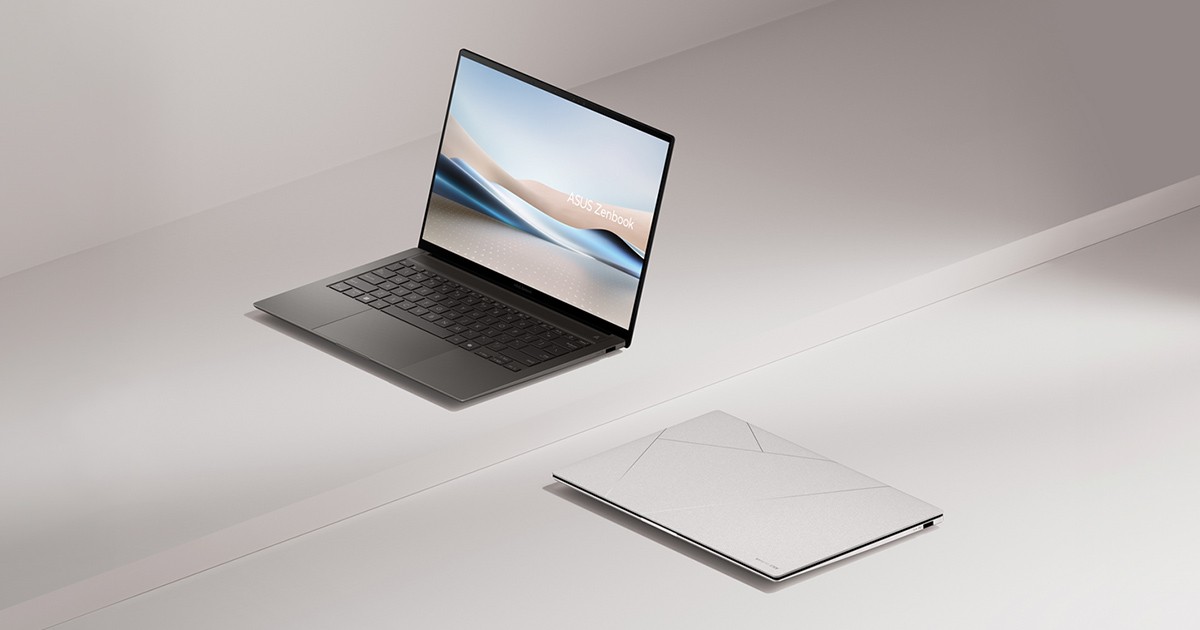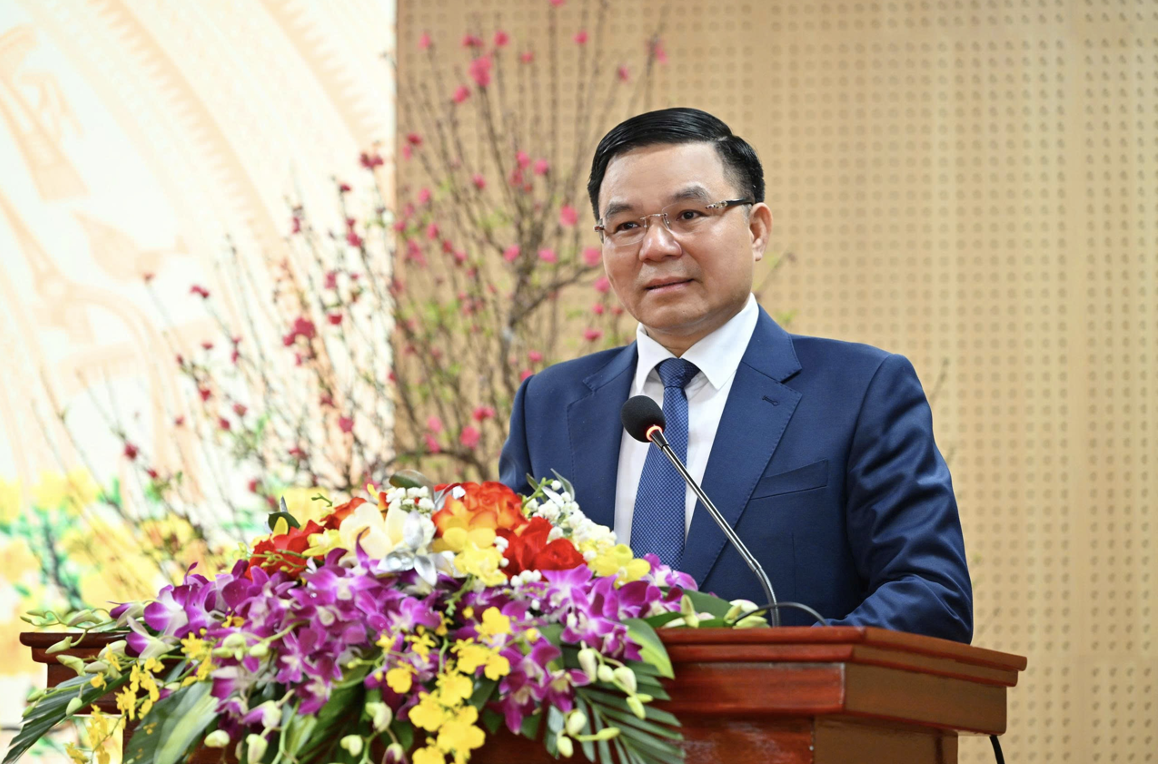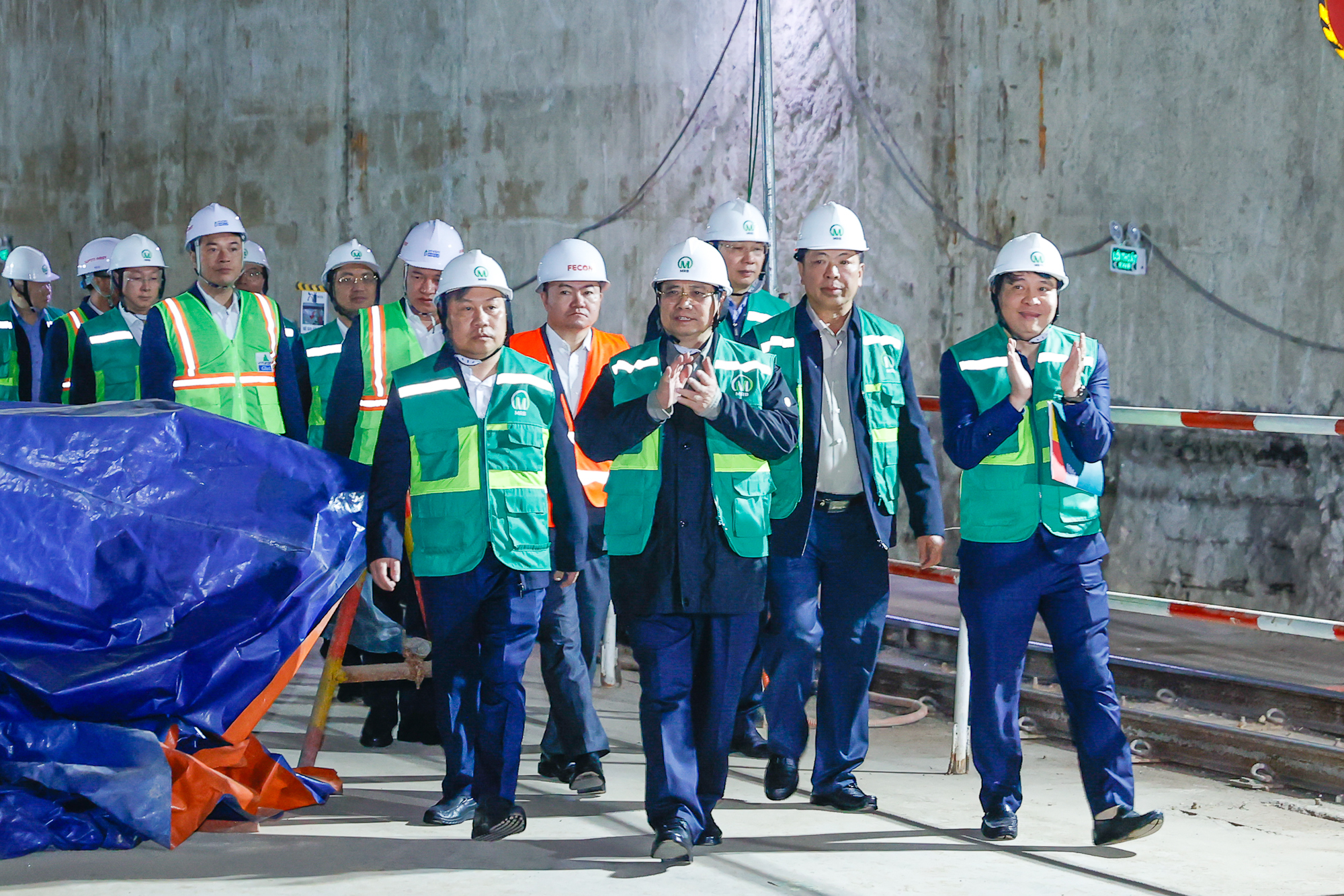
Vietnam’s fruit and vegetable exports to EU triple in four years
19:05 | 23/03/2025 20:40 | 23/02/2026Trade
AI laptops are hanging the way we work and play
In recent years, AI has been reshaping the computing landscape, and AI-powered laptops have emerged as key enablers of this transformation. These devices are no longer just faster or more powerful, they are becoming intelligent companions that anticipate user needs, optimize workflows, and unlock new levels of creativity. The latest generation of AI laptops combines advanced hardware with AI-driven features like Copilot+ and dedicated neural processing units (NPUs), positioning them as indispensable tools for professionals, students, and creators alike.
The rise of AI laptops marks a fundamental shift in how technology integrates into our everyday lives. No longer passive, these machines now offer personalized support, smart automation, and real-time insights to enhance productivity. Features such as AI-assisted video editing, natural language processing, voice recognition, and intelligent noise cancellation are quickly becoming standard. This allows users to focus more on creative and strategic work while leaving repetitive tasks to AI.
 |
| Zenbook S sees steady weekly sales of 10–15 units in Vietnam, signaling early interest in AI laptops. |
At Computex 2025, ASUS unveiled significant advancements and reaffirmed its long-term commitment to artificial intelligence (AI), continuing its strategic vision of “Ubiquitous AI. Incredible Possibilities.” This philosophy highlights ASUS’s pioneering role in developing a holistic AI ecosystem, extending from personal devices to data centers, and spanning diverse sectors including industry, healthcare, creative fields, and sustainable development.
Eric Lee, Regional Director for Southeast Asia at ASUS shares insights on the growing potential of AI laptops in the region. “We’re seeing a clear shift in Southeast Asia, especially in Vietnam, where AI laptops are gaining traction, particularly in the premium segment. Early adopters and power users, those who rely heavily on their devices, are actively seeking out AI-powered features. This is driving consistent demand for models like Zenbook S. In Vietnam, we’re seeing steady weekly sell-through rates of around 10 to 15 units, which is a strong signal of interest even at this early stage.”
However, Lee acknowledges that broader adoption will take time. “We’re still in the early days. Many mainstream users are cautious when it comes to using AI features on a daily basis. But there is a noticeable rise in the ‘AI-ready’ user segment, people who may not fully utilize Copilot+ yet but are already looking for laptops with future-proof hardware that can support upcoming AI capabilities.”
This growing demand for readiness is reflected in the success of the 2025 Zenbook 14 series, equipped with the latest AMD and Intel processors. “Momentum for these models has been strong,” Lee says. “It shows that users are preparing for a more AI-driven future.”
Lee also highlights a promising momentum for Qualcomm’s architecture. “Although still new to this market, interest is growing steadily, thanks largely to outstanding power efficiency. Our newly launched Zenbook A14 is a great example, delivering up to 28 hours of online video playback. The ARM-based Qualcomm chip plays a key role, but AI optimization in the background also contributes significantly to improved energy efficiency.”
More than 15% of Vietnamese users purchasing next-generation Zenbook models are actively seeking Copilot+ PC features. “This level of engagement in the premium segment suggests we’re on the cusp of broader adoption,” Lee adds. “As more real-world applications become visible, we believe AI laptop uptake will accelerate rapidly.”
The broader impact of AI on computing and industry
The influence of AI in laptops is just one part of a much larger technological revolution. Across industries, AI integration is improving efficiency, enhancing accuracy, and enabling personalized experiences at scale. Enterprises are adopting AI to streamline operations, support complex decision-making, and develop innovative products and services.
ASUS is using the Internet of Things (IoT) and big data to enhance patient care and medical research. The company’s HealthAI Genie, embedded in the VivoWatch HealthConnect app, delivers real-time health insights and personalized recommendations. These are based on a user’s physiological data cross-referenced with medical research, helping tailor fitness and wellness plans.
Meanwhile, the ASUS LU800 handheld ultrasound device leverages AI for automated measurement, image enhancement, and voice-command functionality, enabling faster, more accurate diagnoses. In endoscopy, ASUS’s AI-powered endoscopy solution EndoAim, leads the market in Taiwan, detecting and classifying polyps with AI and already deployed in more than 35 hospitals, with global expansion underway.
From enhancing everyday computing to revolutionizing global healthcare, ASUS is demonstrating how AI can deliver practical, meaningful benefits. Its efforts across both consumer, enterprise, and society domains illustrate the far-reaching potential of artificial intelligence, not only in boosting productivity and performance, but in creating real-world solutions that improve lives.
| AI laptops are no longer just about computing power, they represent a shift toward more intuitive, personalized, and efficient digital experiences. As companies like ASUS continue to push the boundaries of AI integration, these devices are fast becoming catalysts for transformation not only in how we work and create, but also in how we solve broader societal challenges. From enhancing productivity to advancing healthcare, the AI laptop revolution is just beginning, and its impact will resonate far beyond the screen. |

19:05 | 23/03/2025 20:40 | 23/02/2026Trade

19:05 | 23/03/2025 20:38 | 23/02/2026Trade

19:05 | 23/03/2025 20:30 | 23/02/2026News and Events

19:05 | 23/03/2025 20:29 | 23/02/2026News and Events

19:05 | 23/03/2025 20:14 | 22/02/2026News and Events